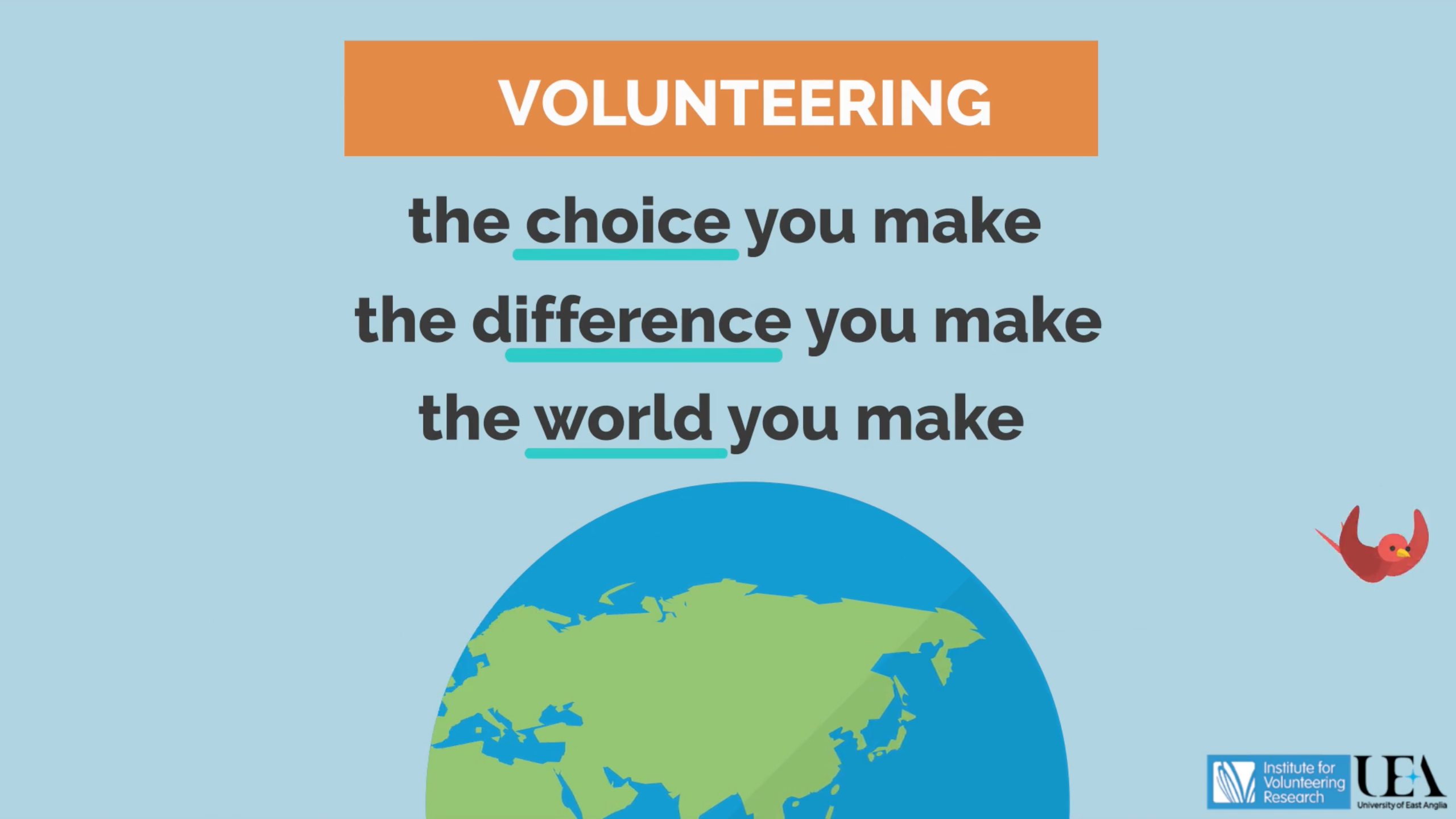
26 October 2021
Professor Peter Beresford, OBE
Today, 26th October, I chaired a panel for an online seminar about Volunteering and Ideology, which was co-hosted by the Institute for Volunteering Research and Shaping our Lives. Panellists were Michael Ashe, Ruth Leonard, Becki Meakin and Chris Millora.
If there was one single message that came out of this workshop, it was: take nothing for granted about volunteering.
Volunteering can be good. Volunteering can be bad. It can be empowering and disempowering. It can be excluding and participatory. All will depend on how you practise it, how you organise it, how you understand and define it, and crucially the values that underpin it.
Values are at the heart of volunteering and that’s perhaps why today’s focus on ideology and volunteering prompted such a broad, fresh and constructive discussion, which as one panellist said, needs to be taken into local communities globally, to make possible different inclusive conversations. Conversations that must start with the lived experience, ideas and understandings of the people who make up the overlapping groups of volunteers and their potential beneficiaries.
We were reminded that we live in heavily neoliberal times where paid work has been made one of the gods of our lives. It’s perhaps understandable, therefore, if volunteering has been recast in the image of such employment and thought about in Human Relations (HR) terms, with volunteers increasingly seen as part of a work force, but not given equal value. To pursue this understanding would be a big mistake and tie us to the kind of narrow economistic approach that volunteering itself really encourages us to move beyond.
We heard from the panellist from the Global South, that volunteering has historically often been a way of maintaining inequalities, divisions and the dominance of the Global North, but that it can be exactly the opposite. It can move from being a way of setting up subsidiary safety net services to a means of building solidarity, people working out what they want and campaigning for it. A similar message came from the director of a volunteer centre in London who had his own experience of living on benefits and being ‘unemployed’, emphasizing the importance of building on people’s experiential knowledge and desire for something different for their own and other people’s lives.
We heard from the user involvement lead at Shaping Our Lives, the national user led organisation, that there are still too many barriers restricting disabled people from becoming volunteers and contributing their world views on equal terms. Again this links with a benefit system more concerned with forcing people into paid work, any paid work, than securing all our rights and needs and maximising our opportunities for learning and skill development, which volunteering can also significantly offer.
One panellist said that Ideology is not a commonplace word for her. It’s not one many people feel familiar or comfortable with. It’s also one that ruling politicians sometimes use to criticise any expression of challenge or opposition. But values and recognising the value base of volunteering are essentially about the same thing as this high-falutin term, ideology. The breadth and originality of comments and questions from participants at the event emphasised how overdue just such a discussion, making the connections, is and how important it is to build on it for the future.
The opening statements of the panellists are available to view.
Let us know what you think by emailing info.ivr@uea.ac.uk
And here is a link to Peter’s new book about Participatory Ideology: From exclusion to involvement.
)
)
)